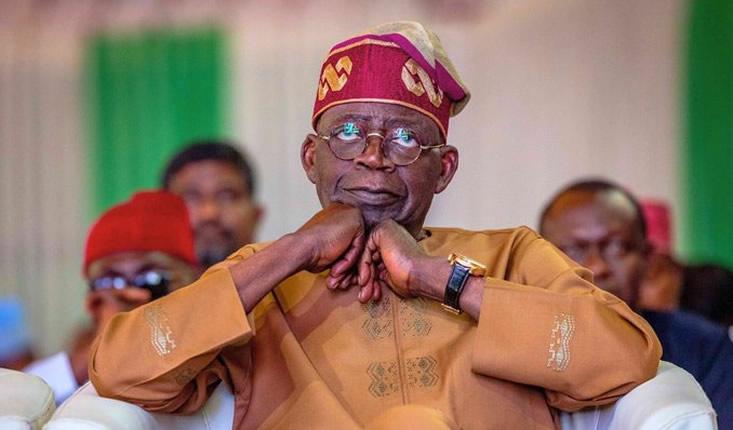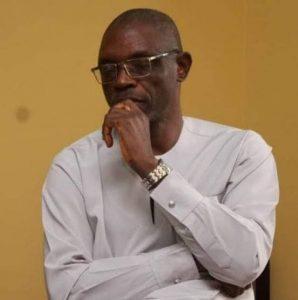As Bola Tinubu assumes the role of the 16th President of Nigeria, he embarks on a transformative journey to address the pressing challenges that hinder Nigeria’s progress and prosperity. In his inaugural speech, President Tinubu outlined several key policies and initiatives that will shape his administration’s agenda.
However, these visionary plans are not without obstacles. This article delves into the seven challenges facing Nigeria’s new president, examining the potential implications and offering possible solutions for each.
Fuel Subsidy Reform
President Tinubu’s commitment to phasing out the petrol subsidy regime presents a significant challenge. While removing subsidies may generate funds for crucial investments, it also raises concerns about the potential impact on the general populace. Ensuring that the burden does not disproportionately fall on the most vulnerable segments of society will require careful implementation and targeted social safety nets.
Possible Solution: To address this challenge, the government could develop comprehensive programs to alleviate the immediate impact on low-income citizens by providing targeted subsidies for essential commodities and services. Simultaneously, transparent communication and public awareness campaigns can help foster understanding and support for the long-term benefits of subsidy reform.
Youth Employment and Prosperity
The promise of creating one million new jobs in the digital economy is an ambitious yet necessary objective. However, achieving this target requires overcoming various obstacles, such as limited access to education, skills mismatch, and insufficient infrastructure.
Possible Solution: The government can establish partnerships with the private sector to develop vocational training programs, enhance digital literacy initiatives, and foster an environment conducive to entrepreneurship. Additionally, investments in infrastructure development, including reliable power supply and accessible internet connectivity, will bolster the growth of the digital economy and create job opportunities for the youth.
Security Reforms
Tackling the security challenges plaguing Nigeria is a paramount task. President Tinubu acknowledges that security is a prerequisite for prosperity and justice. Reforms in security doctrine and architecture, including adequate training, improved equipment, enhanced remuneration, and strategic planning, are imperative to counter the prevailing threats.
Possible Solution: Strengthening interagency coordination and intelligence sharing, investing in advanced surveillance technologies, and fortifying border security measures can aid in addressing the diverse security concerns. Collaborating with international partners and regional bodies like ECOWAS and the African Union can also help enhance collective efforts against transnational security threats.

Boosting GDP Growth and Reducing Unemployment
President Tinubu aims to achieve higher GDP growth rates and reduce unemployment through fiscal measures, industrial policies, and improved access to electricity. However, this objective faces challenges such as bureaucratic inefficiencies, infrastructural deficits, and limited foreign investment.
Possible Solution: Implementing comprehensive reforms to streamline bureaucratic processes, reducing red tape, and enhancing the ease of doing business will attract both local and foreign investments. Fostering public-private partnerships to bridge infrastructure gaps and developing specialized economic zones can stimulate industrial growth, generate employment, and attract foreign direct investment.
Agricultural Development and Food Security
Creating agricultural hubs throughout Nigeria to increase production and value-added processing is a crucial step toward achieving food security and enhancing rural incomes. However, challenges such as inadequate infrastructure, land disputes, and limited access to finance hinder the sector’s growth.
Possible Solution: Investing in rural infrastructure, such as road networks and irrigation systems, will improve farmers’ access to markets and increase productivity. Introducing policies that protect land rights, providing access to credit facilities, and promoting mechanized farming practices can empower smallholder farmers and drive agricultural growth.
Monetary Policy Reforms
President Tinubu recognizes the need for a thorough housecleaning of Nigeria’s monetary policy. Achieving a unified exchange rate, reducing interest rates, and reviewing the currency swap policy are essential for maintaining economic stability and attracting investment. However, these reforms face challenges related to macroeconomic imbalances and the need for Central Bank autonomy.
Possible Solution: Implementing fiscal discipline, enhancing Central Bank independence within a transparent framework, and promoting prudent management of foreign exchange reserves can contribute to achieving a unified exchange rate and a stable macroeconomic environment. Engaging with stakeholders, including businesses and investors, to understand their concerns and addressing anti-investment inhibitions can foster confidence and attract both local and foreign investment.
Foreign Policy and Regional Stability
The instability in Nigeria’s neighboring countries and the global context necessitates a proactive foreign policy approach. President Tinubu highlights the importance of peace and stability in the West African subregion, underscoring the need for collective efforts and regional leadership.
Possible Solution: Strengthening diplomatic ties, collaborating with regional organizations like ECOWAS and the African Union, and leveraging partnerships with willing international actors can help in resolving conflicts, promoting peace, and advancing Nigeria’s regional and continental interests. Prioritizing economic diplomacy and exploring avenues for increased trade and investment cooperation can enhance Nigeria’s standing in the global arena.
All in all, President Bola Tinubu’s vision for Nigeria is an ambitious one, with policies and initiatives aimed at transforming the nation into a prosperous and secure entity. However, realizing these goals requires navigating through significant challenges. By implementing comprehensive strategies, fostering collaboration, and ensuring inclusive development, President Tinubu’s administration can lay the groundwork for a brighter future for Nigeria and its citizens.
Source: Business Elites Africa



















